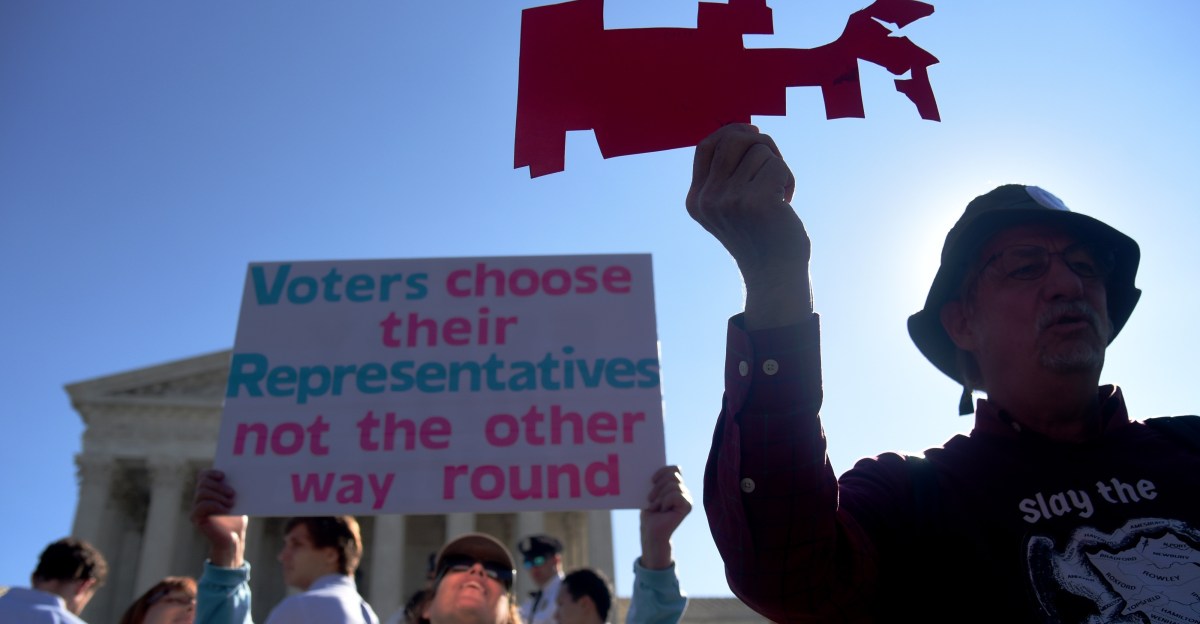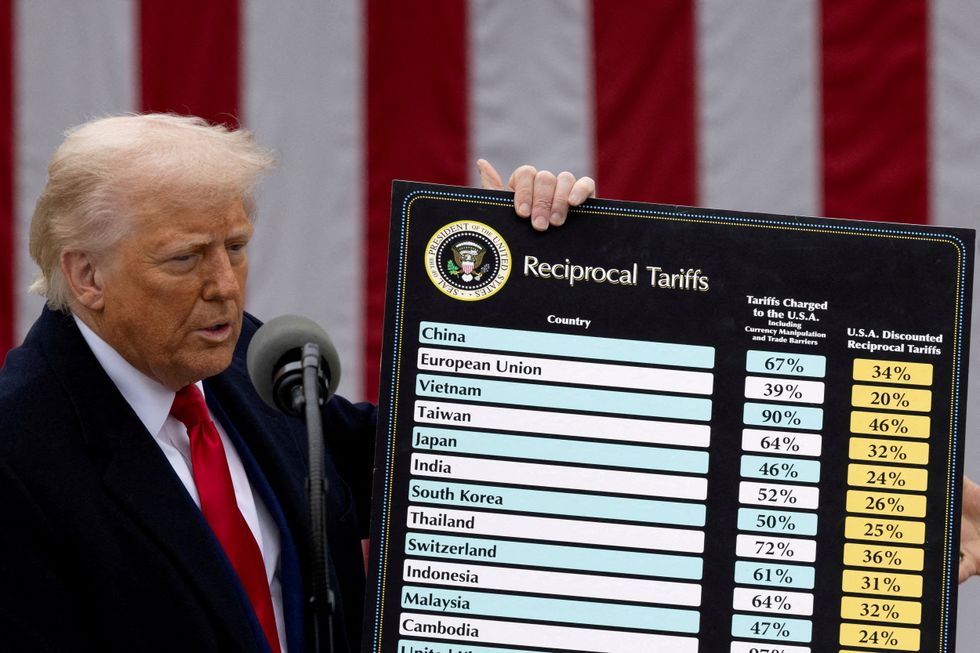On November 4, 2024, Californians will vote on Proposition 50, a measure aimed at redrawing congressional district lines to create five additional Democratic seats. This initiative arises amid ongoing concerns about gerrymandering, particularly as Republican-controlled states, such as Texas, have employed this practice to secure an advantage in congressional representation.
The Context of Gerrymandering in the U.S.
The term “gerrymandering” refers to the manipulation of electoral district boundaries to favor one political party over another. Critics argue that this practice undermines the democratic process by allowing parties to maintain power without reflecting the actual voter distribution. In Texas, for instance, party registration shows 46.5 percent of voters identifying as Democrats compared to 37.8 percent as Republicans. Despite this, the Texas Congressional delegation is composed of 66 percent Republicans and only 34 percent Democrats, illustrating how gerrymandering can distort electoral representation.
Currently, Republican representatives hold a narrow majority of five seats in the U.S. House of Representatives. This slim margin has prompted further actions by the Republican Party to solidify their position. Under the direction of Donald Trump, the Texas state legislature and governor have initiated a controversial mid-decade redistricting, which is expected to yield five additional Republican congressional seats by 2026.
Implications of Proposition 50
Proposition 50 proposes to counteract the effects of Republican gerrymandering by adjusting California’s congressional districts. The intention is to add five more Democratic seats, which supporters argue is essential to maintain a balanced representation in the House. Proponents view this as a necessary step to reclaim power from a party that has used gerrymandering to manipulate electoral outcomes.
Opponents of Proposition 50, including many Republican figures, argue that the measure itself is a form of undemocratic manipulation. They have mobilized significant resources to campaign against it, branding it as a move that threatens the integrity of the electoral process. Critics assert that such actions contradict the principles of fair representation established by the U.S. Constitution.
In a letter to the editor, Jon Spitz from Laytonville emphasizes the urgency of this vote, stating, “For Californians, this is a choice between forever conceding power to House Republicans or sacrificing democracy in order to save it.”
The upcoming vote on Proposition 50 represents a pivotal moment in the ongoing struggle over electoral fairness in the United States. As the nation observes California’s decision, it may set a precedent for how states address gerrymandering in the future.
As citizens prepare to cast their votes, the implications of their decision will resonate far beyond California, potentially influencing the balance of power in Congress and the future of democratic governance in the United States.







